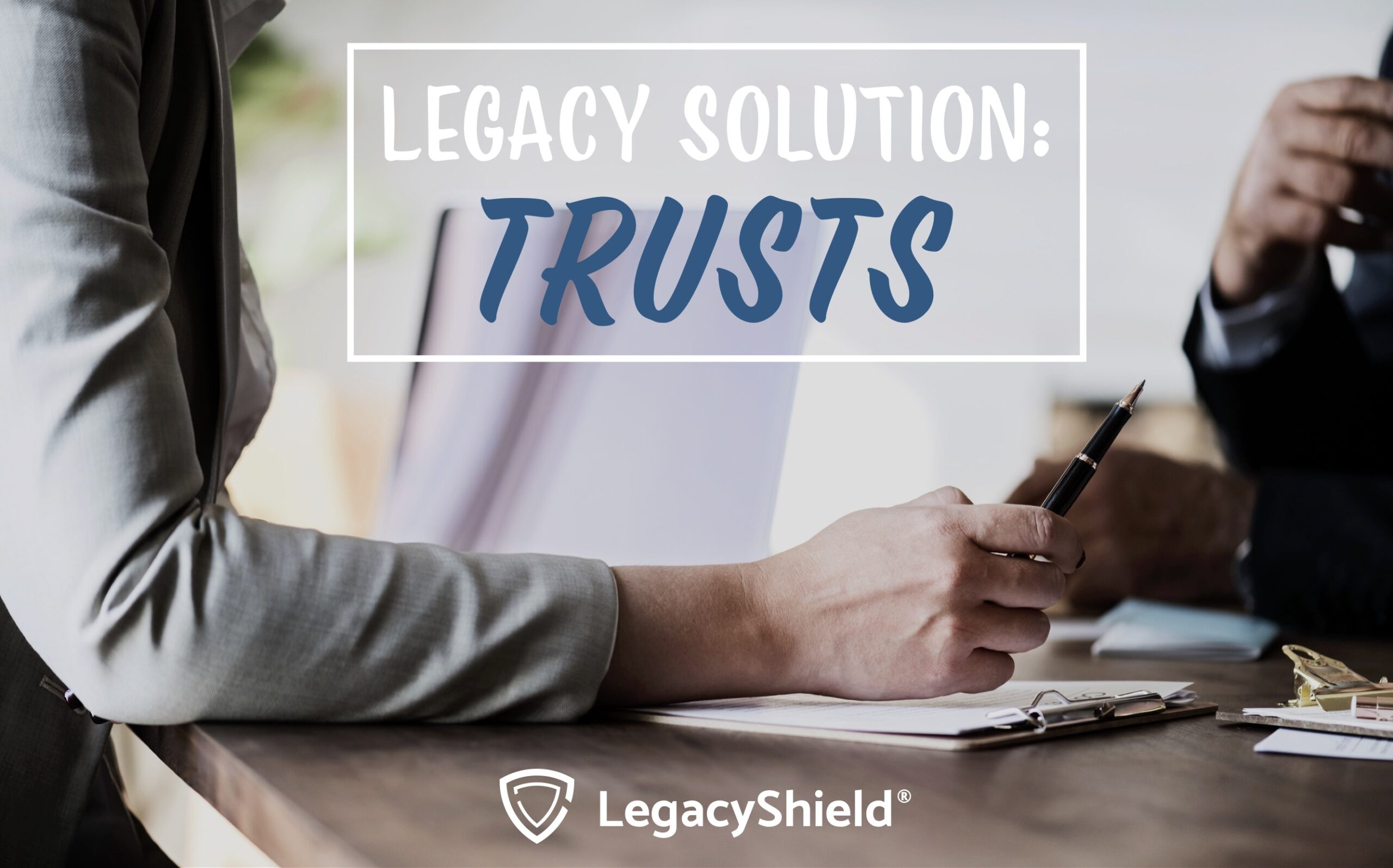When planning your legacy and thinking about your family’s future, you may want to consider a trust. If you’ve avoided this financial tool because it seems too restrictive, it might be time to reconsider. Trusts are a popular option if the beneficiary is incapable of handling asset management. However, they can also be fairly flexible, depending on the structure. Beneficiaries have some control while still benefitting from asset protection and tax savings.
Trust Overview
There are two ways to set up a trust: while you are alive as a living trust or after your passing in a will. Let’s focus on living trusts. These are either revocable, where you retain control, or irrevocable, where the assets are no longer yours. With the former, you can change the terms of the trust at any time. In contrast, with the latter, only the named beneficiary can make changes.
While a lack of control might not sound appealing, irrevocable trusts have tax advantages. The main advantage is that the appreciated assets aren’t subject to estate taxes.
There are many types of trusts that address specific situations. Examples of these are a qualified terminable interest property trust or a generation-skipping trust. If you don’t have a blended family or don’t plan on passing assets beyond your children, you wouldn’t consider either option. Because of their complex nature and wide variety, it’s important to discuss your trust type(s) with a financial planner or estate attorney.
In the meantime, let’s dive into a few of the less specific and more widely used versions.
Irrevocable life insurance trusts.
If you own or plan to buy life insurance, you might consider a life insurance trust. Shifting life insurance ownership from yourself to a trust allows you to exclude it from your estate. This means that the death benefit the policy pays when you die won’t be considered part of your taxable assets. But you must live three years after the transfer. Usually, the trust is also the beneficiary of the policy, which means the death benefit funds would roll into the trust, with periodic distributions to a spouse or children. This setup is particularly attractive if you’re trying to shield the money from your kids’ irresponsible spending or creditors.
Qualified personal residence trusts.
Qualified personal residence trusts allow for the transfer of your home to the trust for a period of time. This time period is usually 10-15 years. These are useful for a property (home or vacation) that is expected to increase in value. A home that was worth $250,000 when put into the trust could be valued at only $75,000 for tax purposes. As a result, the number of assets subject to taxation decreases. If it’s your primary residence, you can live in the home during the term. However, ownership is eventually transferred to the beneficiary. If you remain in the home, you’d have to set up a rent arrangement. One caveat to this plan is that it only works if you live to see the term fulfilled. If the term is not fulfilled, the home is included in the estate as if the trust never existed.
Credit shelter trust.
Credit shelter trusts, also known as a bypass or family trust, transfer assets while avoiding estate taxes. You simply specify the assets and, when you die, the beneficiary receives those assets tax-free. This option is great for married couples. This is because the spouse not only maintains rights to the trust assets but also the income they generate during the remainder of their lifetime.
While trusts are a great financial planning technique, they do require the help of a professional. In preparation of trust planning, make sure to get your estate organized, with the help of Link by LegacyShield. That way, you’re familiar with all of your assets and their locations. This will help you and your advisor decide which trust is most appropriate for you.




